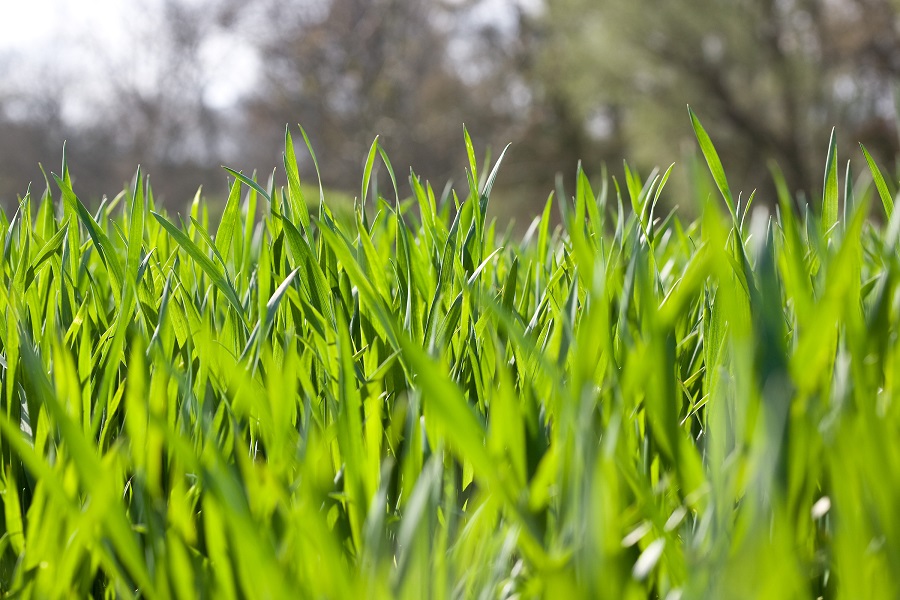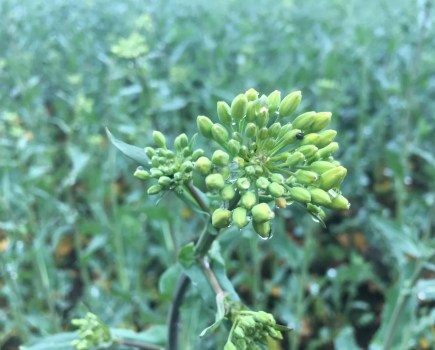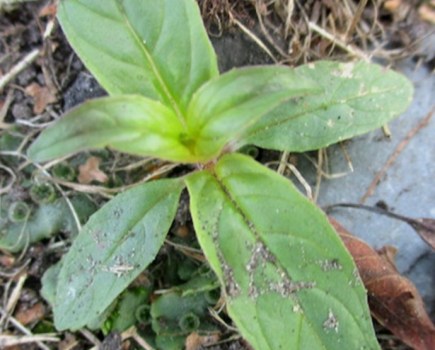A new crop science centre, designed to fast-track technologies to sustainably improve farmers’ yields worldwide, has opened in Cambs. Charlotte Cunningham reports.
The Crop Science Centre is an alliance between the University of Cambridge’s Department of Plant Sciences and the crop research organisation NIAB.
The Centre will serve as a global hub for crop science research and a base for collaborations with research partners around the world, to ensure global agricultural impact from the ground-breaking science happening in Cambs. It includes a brand-new state-of-the-art research facility, at NIAB’s Lawrence Weaver Road campus in the north-west of Cambs, maximising the pace of research and accelerating crop improvements.
Sustainability of global food production
The Centre will focus on improving the sustainability and equity of global food production. It will use an understanding of how plants work at the most fundamental level to drive transformative change in how we grow our food. Research will be aimed at reducing agricultural reliance on chemical inputs such as inorganic fertilisers, while maximising crop productivity, especially for the world’s poorest farmers.
Professor Giles Oldroyd said: “This year we have seen how fragile our global systems are. The COVID-19 crisis is exposing another 120 million people to starvation worldwide, while crop yields here in the UK are suffering from changes in our climate.”
Giles, who leads an international programme to replace inorganic fertilisers, added: “We need lasting solutions for stable and secure food production, but also need to improve sustainability in agriculture. We’re excited to be opening this new Centre, which can drive the transformative change we so desperately need.”
Dr Tina Barsby, CEO of NIAB, said: “Through transformative crop science technologies, research at the new Centre aims to ensure even the world’s poorest farmers can grow enough food. This work is at the top of the international agenda.”
Further information about the Crop Science Centre is available at www.cropsciencecentre.org and @cropscicentre




